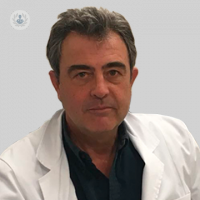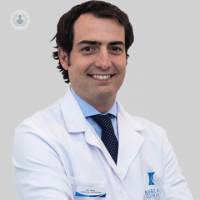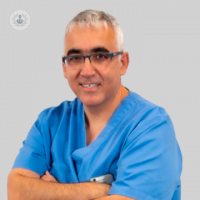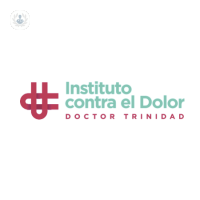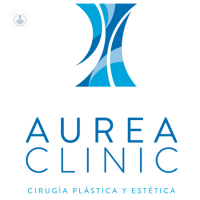Postoperative pain
What is the postoperative pain?
Postoperative pain is one that arises from being subjected to a surgical procedure. Depending on the duration of the intervention, the treatment area, the actions that have been performed on the body and the type of anesthesia provided, the patient will suffer to a greater or lesser degree. The body usually releases algogenic calls or pain-producing substance that occur when an injury or direct trauma to a tissue that generates cell damage occurs. These substances activate or sensitize nociceptors, ie pain receptors which when activated transmit the pain signal to the central nervous system through the spinal cord.
What are the symptoms?
Postoperative pain is characterized as acute, self-limited and predictable over time. It is directly associated with vegetative, psychological, emotional and / or behavioral reactions. Each body manifest differently this pain; all depend on the type of patient, surgical preparation, surgery, the technique used, the complications that can arise and postoperative care.
Causes of postoperative pain or why it occurs
The only direct cause is surgery.
Can it be prevented?
Although currently specialists have multiple techniques that allow minimal incisions and reduced surgical time, postoperative pain can not be prevented.
What is the treatment?
Pain relief is very difficult to address with a single analgesic method complex process. Currently there are different treatment options spread between pharmacological treatment of acute pain and non-pharmacological treatment. Each therapy should be tailored depending on the type of surgery, the patient's needs and evolution have it in time. Drug treatment is divided depending on whether the pain is mild, analgesics and anti-inflammatories are provided; moderate, NSAIDs, NSAIDs with opioids, opioid infusion or regional analgesia techniques; and in severe pain opioids will be provided intravenously, PCA with regional techniques. Among non-pharmacological treatments include relaxation, hypnosis, imaginary techniques, music therapy and the like. Note that in case of not receiving proper treatment, the pain can become chronic.

